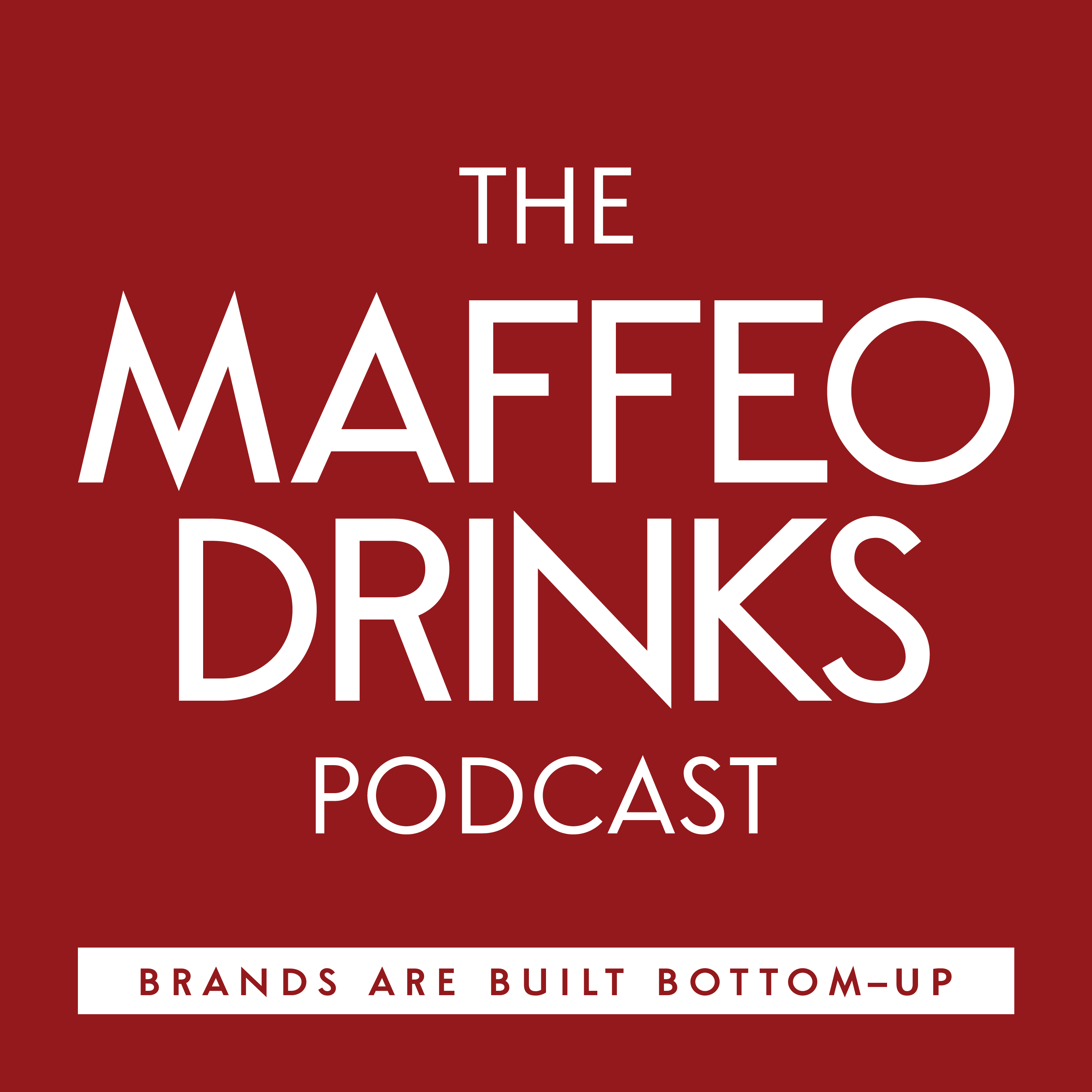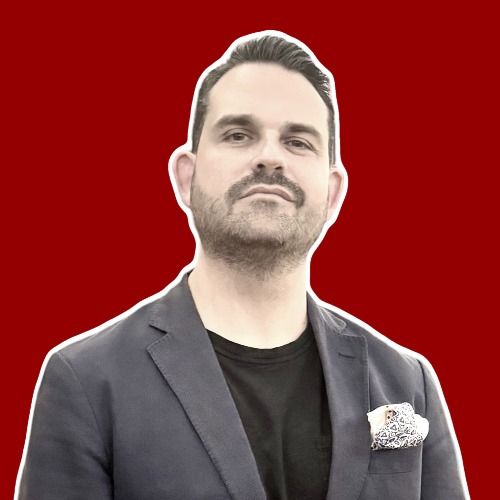Episode 56
056 | Georgie Bell | The Early Journey of a Founder-led Brand | The Heart Cut
In Episode 56, I continued the conversation with Georgie Bell, The Heart Cut's co-founder from Ep.55. She has extensive industry experience, having previously worked at Diageo, Bacardi, and the Scotch Malt Whisky Society.
We discussed how to explain a product, starting from a liquid, going into taste profile, storytelling, and target occasions. We closed with a dive into the life of a start-up with learnings and course correction to build bottom-up. I hope you will enjoy our chat.
Time Stamps
0:00 Intro
0:24 Where Do You Start
4:46 Importance Of Follow Up
7:41 Importance Of Normal Bars
13:05 Importance Of Off-Trade
15:18 When To Wholesale?
17:09 One Bottle, One Case, One Pallet
23:40 Building Demand With Partners
30:56 The Drinks Ecosystem
34:20 Start Up Challenges
47:34 Contact Details
49:19 Outro
About The Host: Chris Maffeo
About The Guest: Georgie Bell


